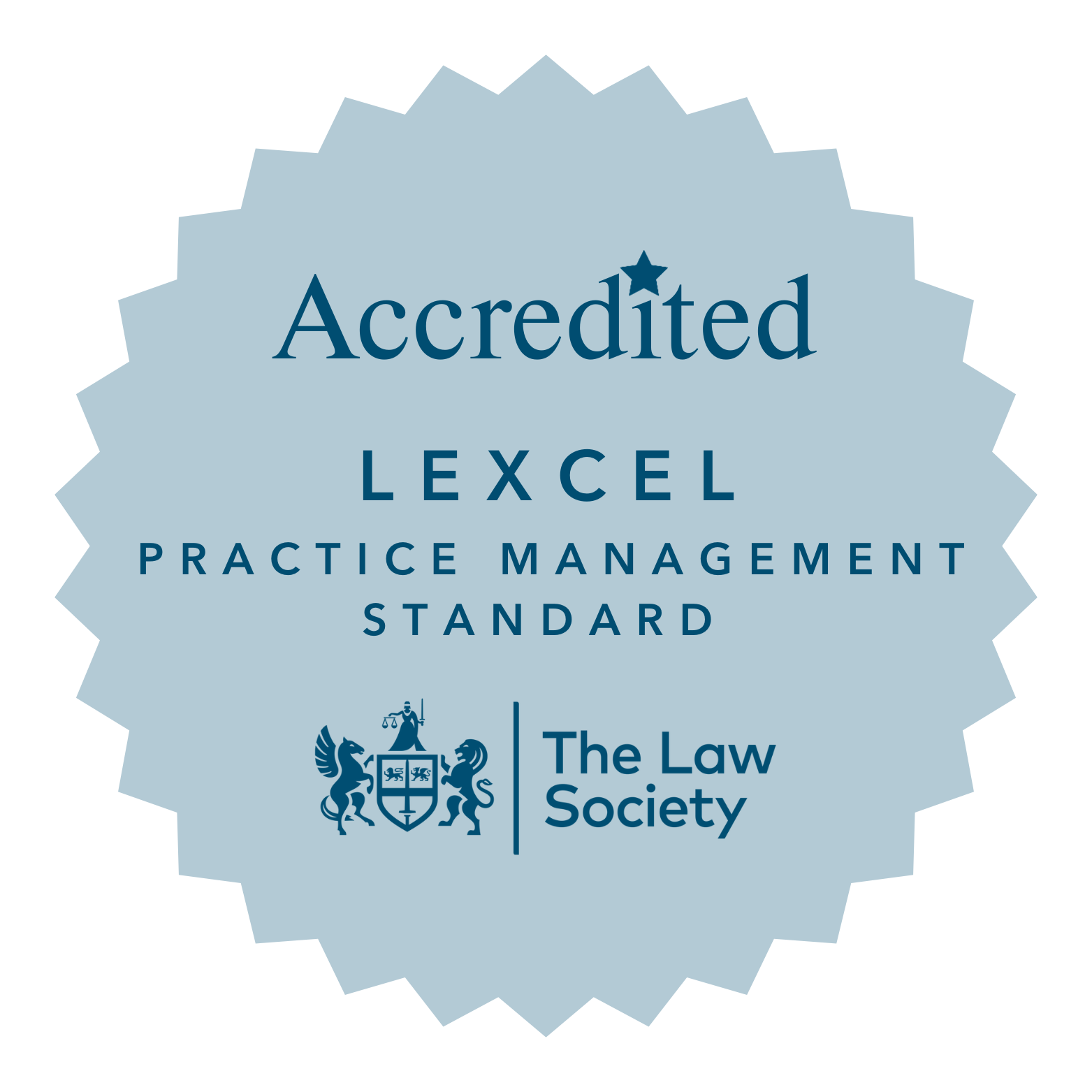Insights
Getting Married Abroad – Everything You Need To Know

If you dream of getting married abroad on a sunny beach with pristine white sand, you are not alone. The number of Brits saying ‘I do’ abroad continues to rise.
 But it’s not just sorting out the dress and worrying about a wedding speech – you will need the correct documentation, which can cost money and take time.
But it’s not just sorting out the dress and worrying about a wedding speech – you will need the correct documentation, which can cost money and take time.
Fortunately, Sally Perrett, family solicitor at CJCH, outlines everything you need to know about tying the knot abroad.
What conditions must be met for a marriage or civil partnership which has taken place abroad to be valid in the UK?
Firstly, the marriage has recognition as a legal marriage in the country in which it took place. Secondly, the parties have complied with the procedures in the country of marriage. In addition, each party must have the capacity to marry under the laws of the relevant country. Capacity covers issues such as age, consent and mental capacity. Finally, any previous marriage (if relevant) must have ended before marrying again.
What paperwork do you need to take with you when marrying or entering into a civil partnership abroad?
The full legal requirements will vary from country to country, but every country will require the bride and groom to have the following documents:
- Valid 10-year passport with at least six months remaining on it
- Full birth certificates
- Deed poll proof of any name change
- Decree absolute, if married
- Marriage and death certificates of a deceased spouse, if widowed
- Adoption certificate, if adopted
- If marrying in a non-English speaking country, translation of documents may be required and given an apostille (additional certification of authenticity) to validate the document abroad. The Foreign Office carries out this service.
Other documents required:
Certificate of No Impediment (CNI) – Each party will need one to prove there is no reason they cannot marry. This document is obtainable from a local registry office or embassy. They take around a month to issue, cost £30 and last for 6 months from the date of issue. They are required in Aruba, Cyprus, Greece, Italy, Malta and Turkey
Single Status Statutory Declaration – similar to the CNI, it proves the couple are free to marry. They must be stamped and certified by a solicitor in the UK. Countries that require this are Antigua, the Bahamas, The Dominican Republic, Kenya, Seychelles and Sri Lanka.
What are the main issues people run into when marrying or entering into a civil partnership abroad?
Generally, not leaving enough time to ensure correct documentation. Indeed, this may be the most complicated part of the wedding preparations! Ensure you leave enough time as certifying a document through the foreign office can take up to 6 weeks.
Are there any countries that have special requirements for getting married abroad?
Each country will have its own specific requirements. Make sure you do your research and check the rules beforehand. Some countries, such as Mexico and Turkey will require medical/blood tests so check before. Consult a solicitor with experience on these matters prior to the wedding.
What top tips would you give to someone looking to get married or enter into a civil partnership abroad?
Cost and time! Remember to factor the cost of obtaining documents into the wedding budget and the time to obtain documents. Be sure to speak to a solicitor if you are unclear about the documentation you may require.
How can we help:
CJCH has extensive knowledge and experience in family & matrimonial matters. With excellent ratings on Trustpilot based on over 140 client reviews. Get in touch with a qualified member of our team today in one of our offices based in Cardiff, Caerphilly, Barry, Bridgend or Blackwood.
Email: family@cjch.co.uk
Telephone: 0333 231 6405





